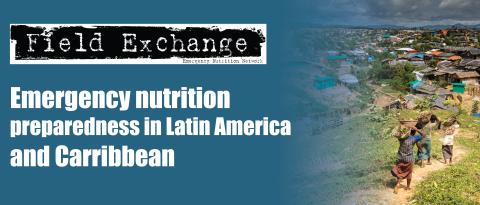Call for papers on prevention of non-communicable disease in humanitarian settings
BMJ Global Health, in collaboration with the International Rescue Committee, the Conflict and Health Research Group at King’s College London and the College of Health at Lehigh University, have announced a call for papers on Non-Communicable Disease (NCD) Prevention in Humanitarian Settings. Today’s conflict-affected countries have some of the highest prevalence of NCDs globally. The World Health Organization (WHO) estimates that diabetes, for example, affects 12% of adults in Syria, 13.7% of adults in Libya and 7.7% of adults in Yemen. Many refugee camps and settlements have been home to displaced people for three or four decades, such as Kakuma and Dadaab in Kenya and Mae La in Thailand. In those settings, NCDs are the leading cause of death and must be addressed. In addition to the four main risk factors – unhealthy diet, physical inactivity, smoking and alcohol – WHO recently added a fifth leading NCD risk factor: air pollution. Notably, poor air quality could be responsible for up to a quarter of strokes and heart disease, a third of lung cancers and almost half of chronic obstructive pulmonary disease cases.
Despite these challenges, preventing NCDs through aggressive monitoring and policy interventions is still not prioritised in these countries and settings. Primary prevention is not a priority during acute emergency and conflict situations, but secondary prevention measures are important in such scenarios. Patients with existing diagnoses of NCDs require continuity of care to prevent acute exacerbations and complications of their disease, and ultimately prevent premature deaths. Conversely, in long-standing and more stable contexts, such as refugee camps, primary prevention initiatives are possible. A 2015 systematic review highlighted the dire lack of research on NCDs in humanitarian contexts and ELRHA (Enhancing Learning and Research for Humanitarian Assistance)1 has listed NCDs as a priority research area.
BMJ Global Health invites submissions for a special issue on this subject, including case studies, qualitative research, evaluations of interventions, quantitative analysis and prevalence studies, papers on commercial determinants of NCDs, and systematic reviews. Abstracts of one to two paragraphs must be submitted by 17 April 2020 to info.bmjgh@bmj.com
For more information please see: https://blogs.bmj.com/bmjgh/2020/02/13/call-for-papers-ncd-prevention-in-humanitarian-settings
Endnotes
1www.elrha.org


